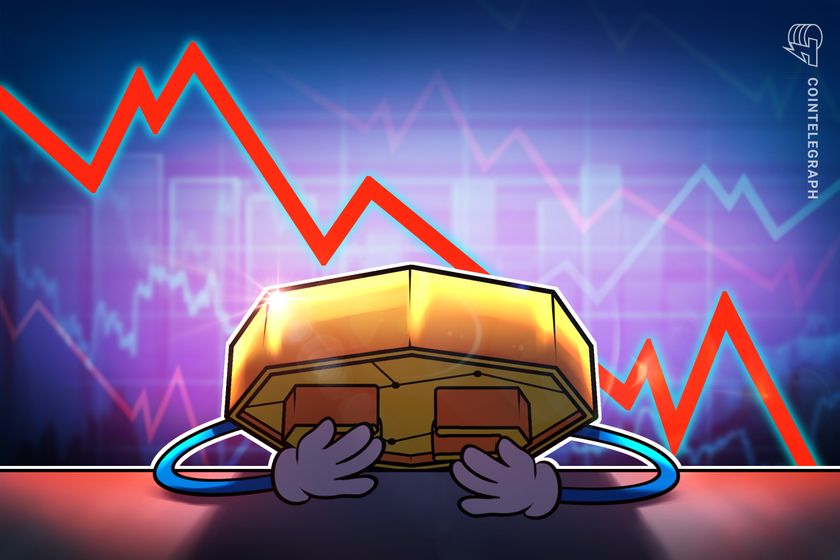⚙️ SQL Patterns for Optimizing IoT Queries in TimescaleDB
IoT applications generate massive amounts of time-series data—millions of rows from thousands of sensors, often with unpredictable reporting intervals. As your dataset grows, queries that once took milliseconds can take minutes or more if not properly optimized. In this post, we’ll explore practical SQL patterns for retrieving the latest sensor readings efficiently, and how to use continuous aggregates for historical analytics—based on real-world deployments using TimescaleDB on PostgreSQL. Understanding IoT Table Design How you structure your sensor data impacts everything from ingestion to query performance. Let’s look at two common formats: 1. Narrow Table Format (Flexible + Efficient) This design works well when: Sensors sample at different times or rates You want to avoid schema changes when adding new sensors You support hysteresis (only recording changes) An example of a narrow table format is: Narrow table format: ts sensor_id value 2024-10-31 11:17:30.000 1007 23.45
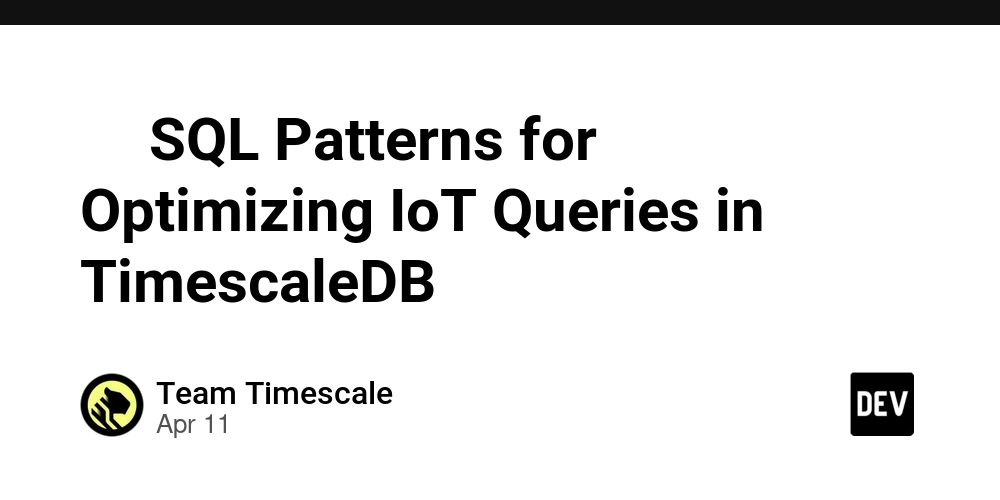
IoT applications generate massive amounts of time-series data—millions of rows from thousands of sensors, often with unpredictable reporting intervals. As your dataset grows, queries that once took milliseconds can take minutes or more if not properly optimized.
In this post, we’ll explore practical SQL patterns for retrieving the latest sensor readings efficiently, and how to use continuous aggregates for historical analytics—based on real-world deployments using TimescaleDB on PostgreSQL.
Understanding IoT Table Design
How you structure your sensor data impacts everything from ingestion to query performance. Let’s look at two common formats:
1. Narrow Table Format (Flexible + Efficient)
This design works well when:
Sensors sample at different times or rates
You want to avoid schema changes when adding new sensors
You support hysteresis (only recording changes)
An example of a narrow table format is:
Narrow table format:
| ts | sensor_id | value |
|---|---|---|
| 2024-10-31 11:17:30.000 | 1007 | 23.45 |
























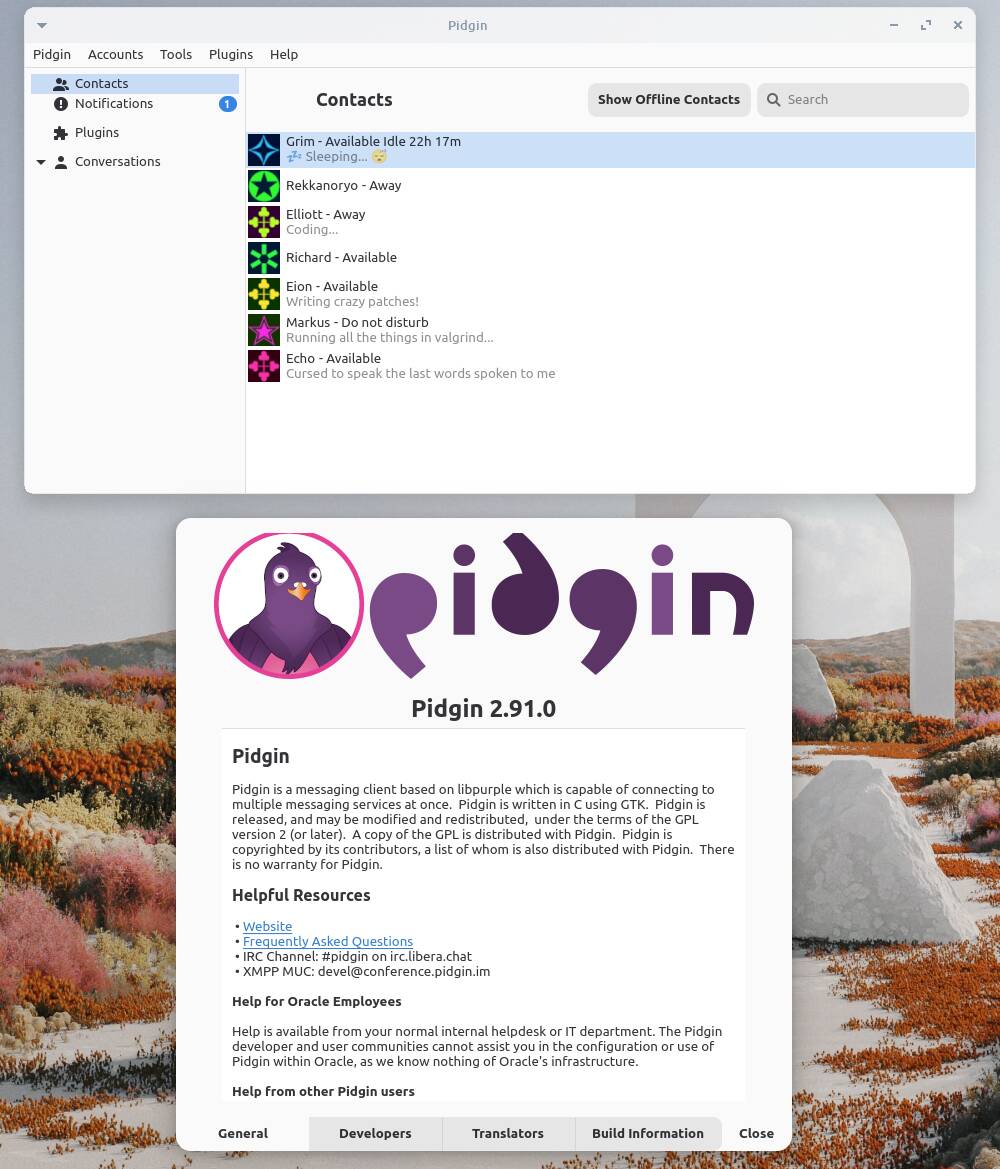

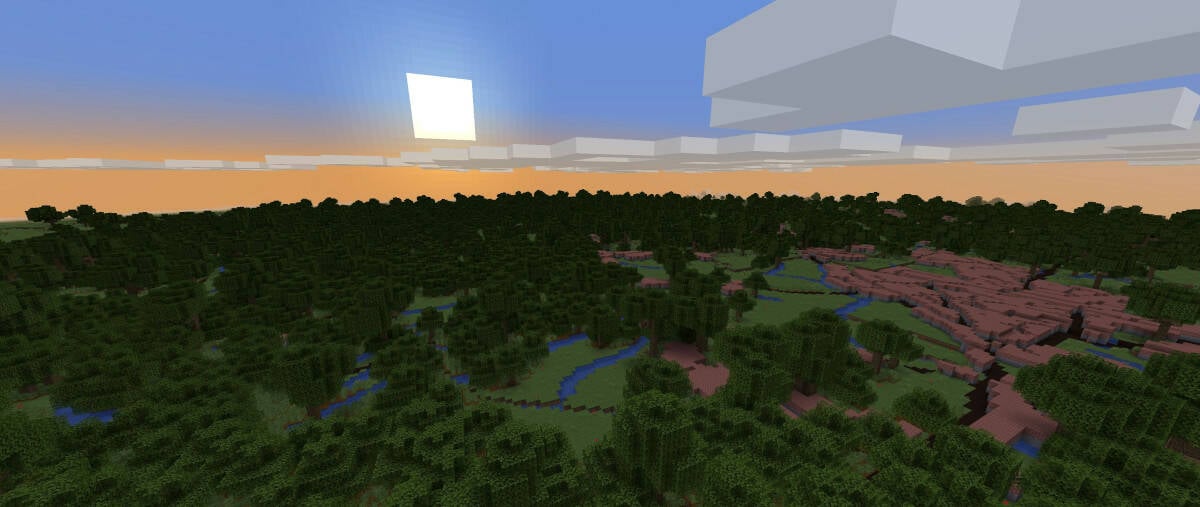

















































































































































![[The AI Show Episode 143]: ChatGPT Revenue Surge, New AGI Timelines, Amazon’s AI Agent, Claude for Education, Model Context Protocol & LLMs Pass the Turing Test](https://www.marketingaiinstitute.com/hubfs/ep%20143%20cover.png)
















































































































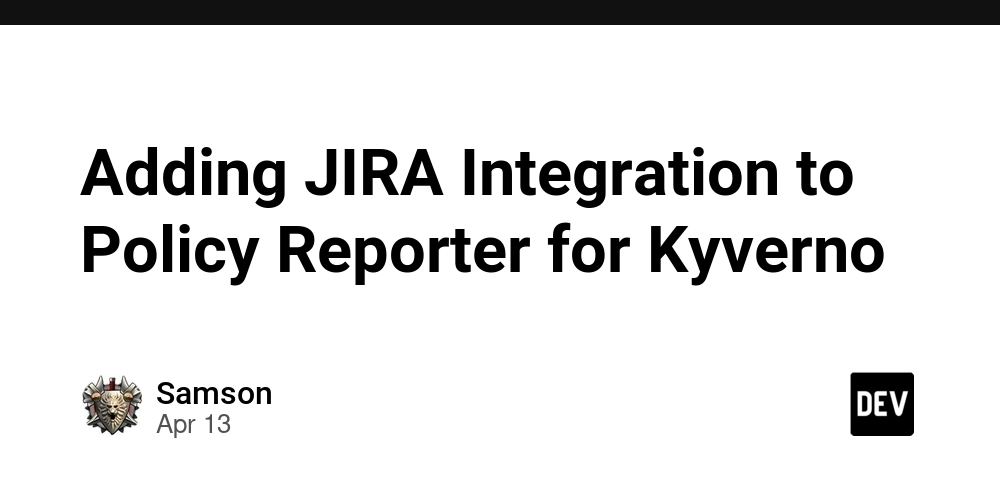








![[DEALS] Microsoft Visual Studio Professional 2022 + The Premium Learn to Code Certification Bundle (97% off) & Other Deals Up To 98% Off](https://www.javacodegeeks.com/wp-content/uploads/2012/12/jcg-logo.jpg)



![From Accountant to Data Engineer with Alyson La [Podcast #168]](https://cdn.hashnode.com/res/hashnode/image/upload/v1744420903260/fae4b593-d653-41eb-b70b-031591aa2f35.png?#)



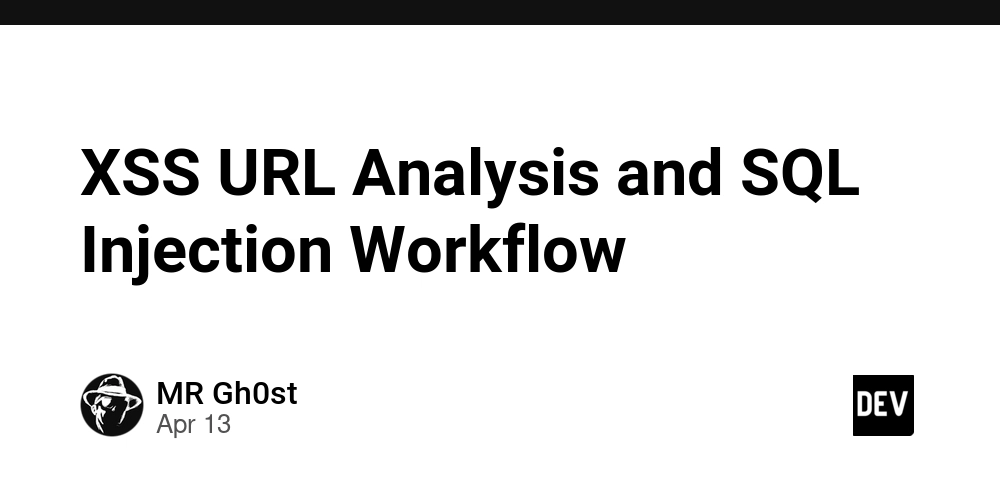




































































































.png?#)










































































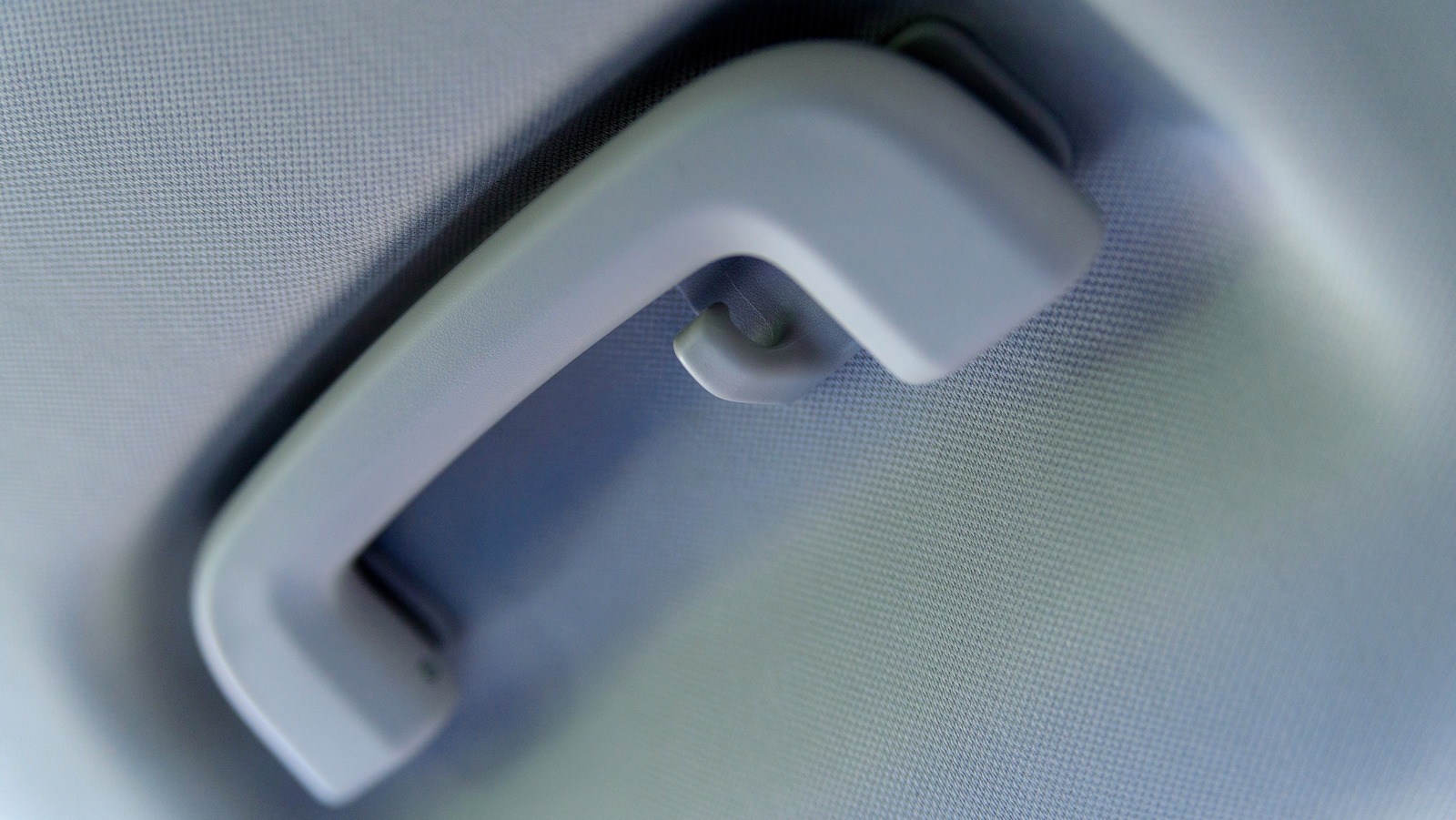














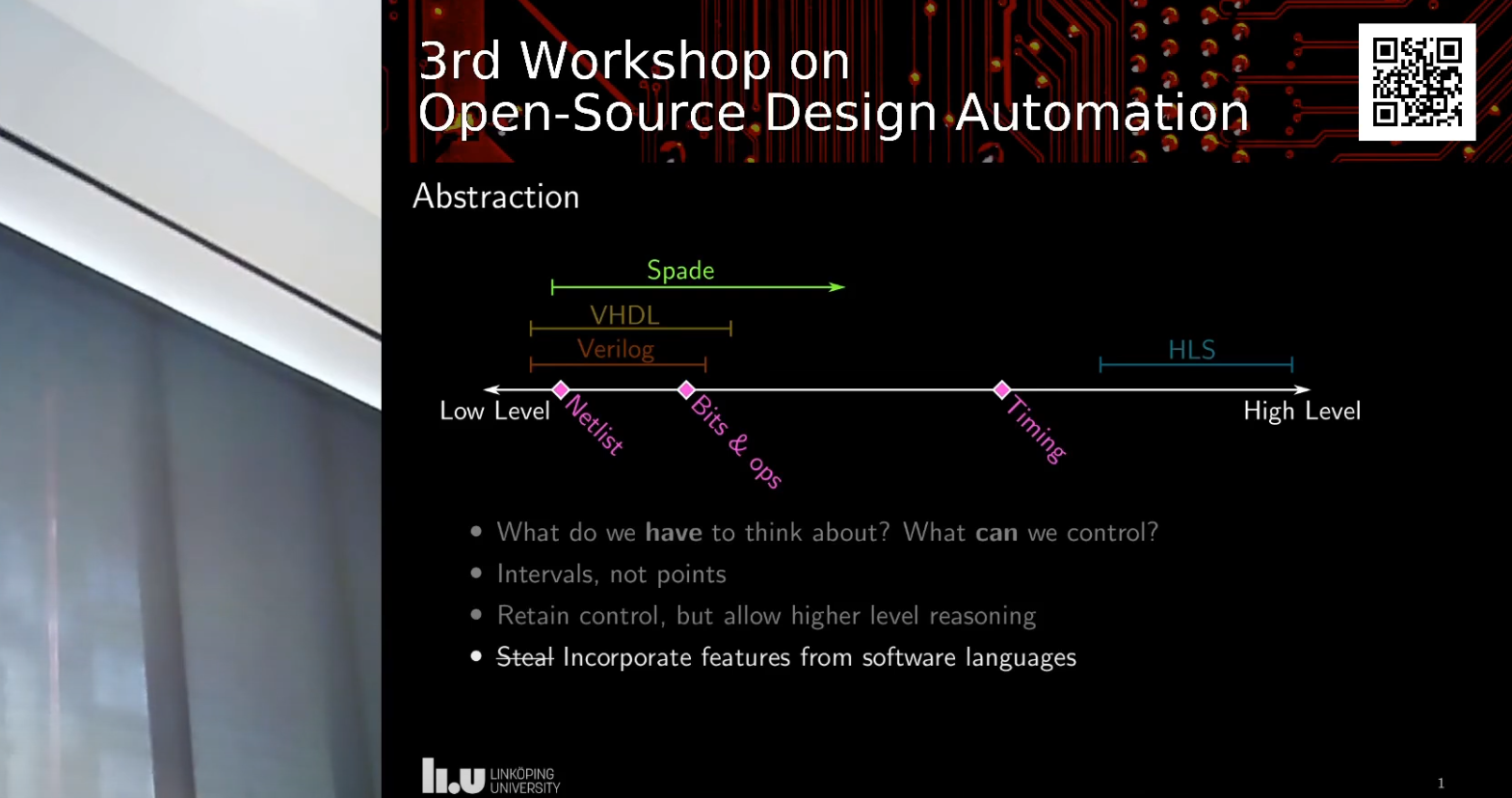
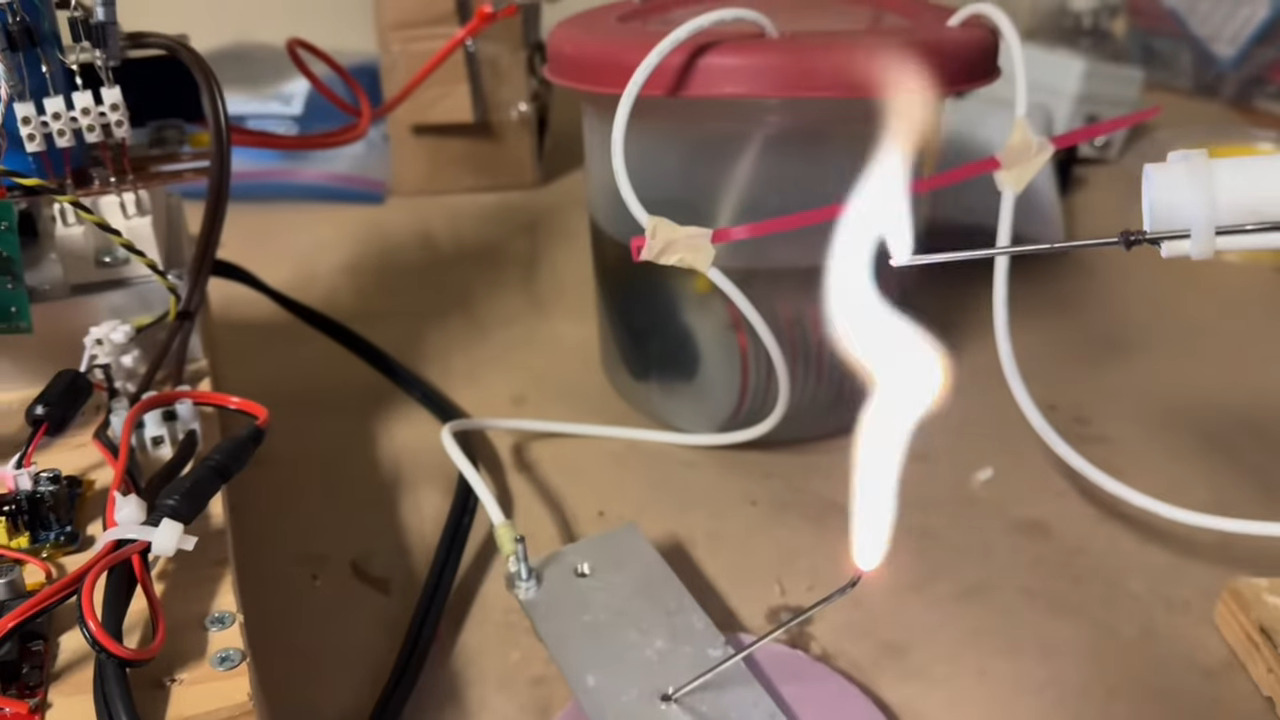
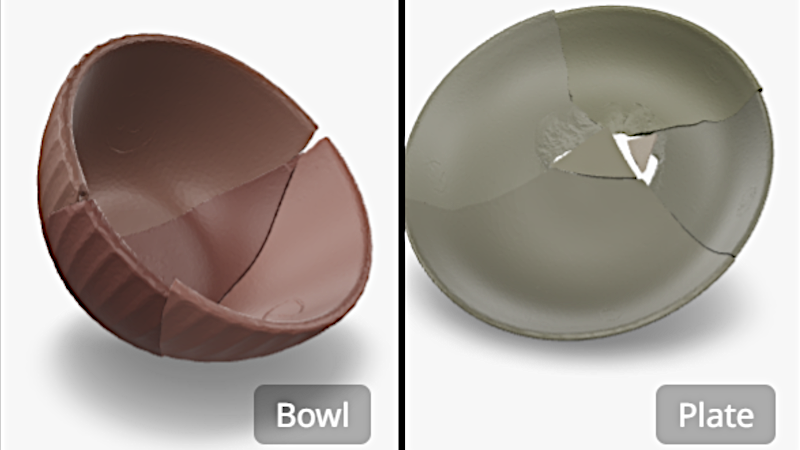


























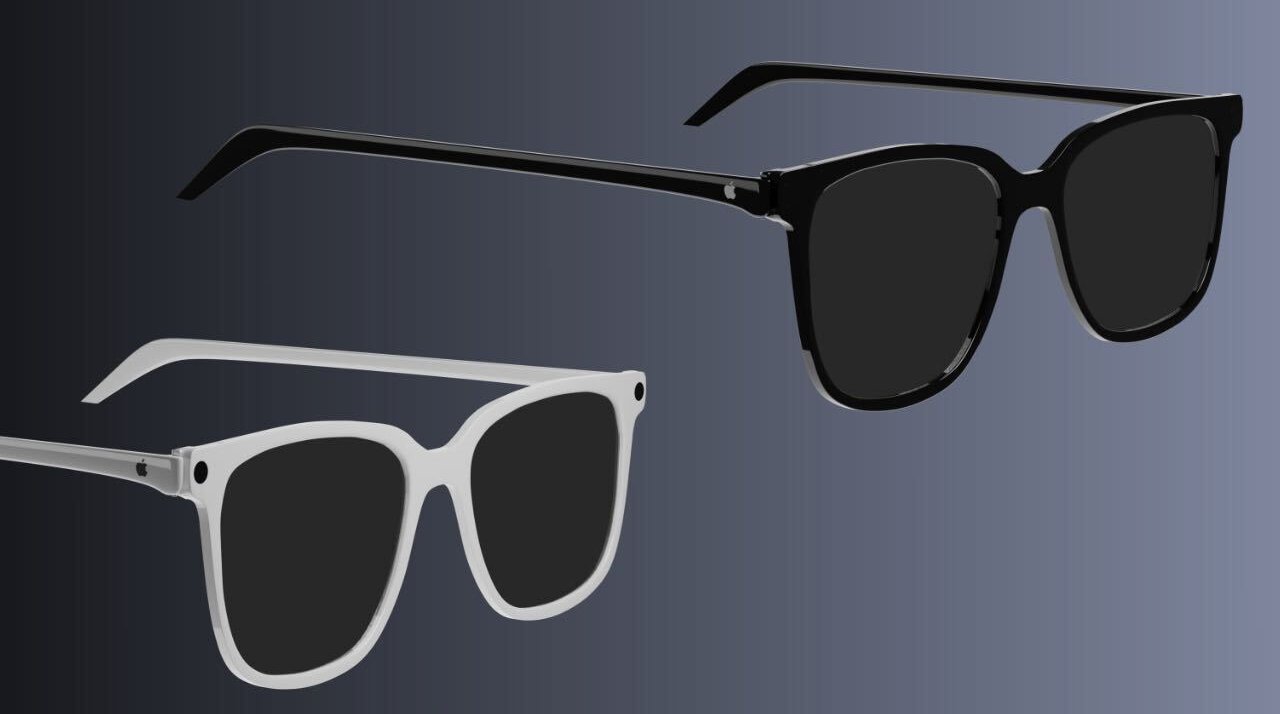




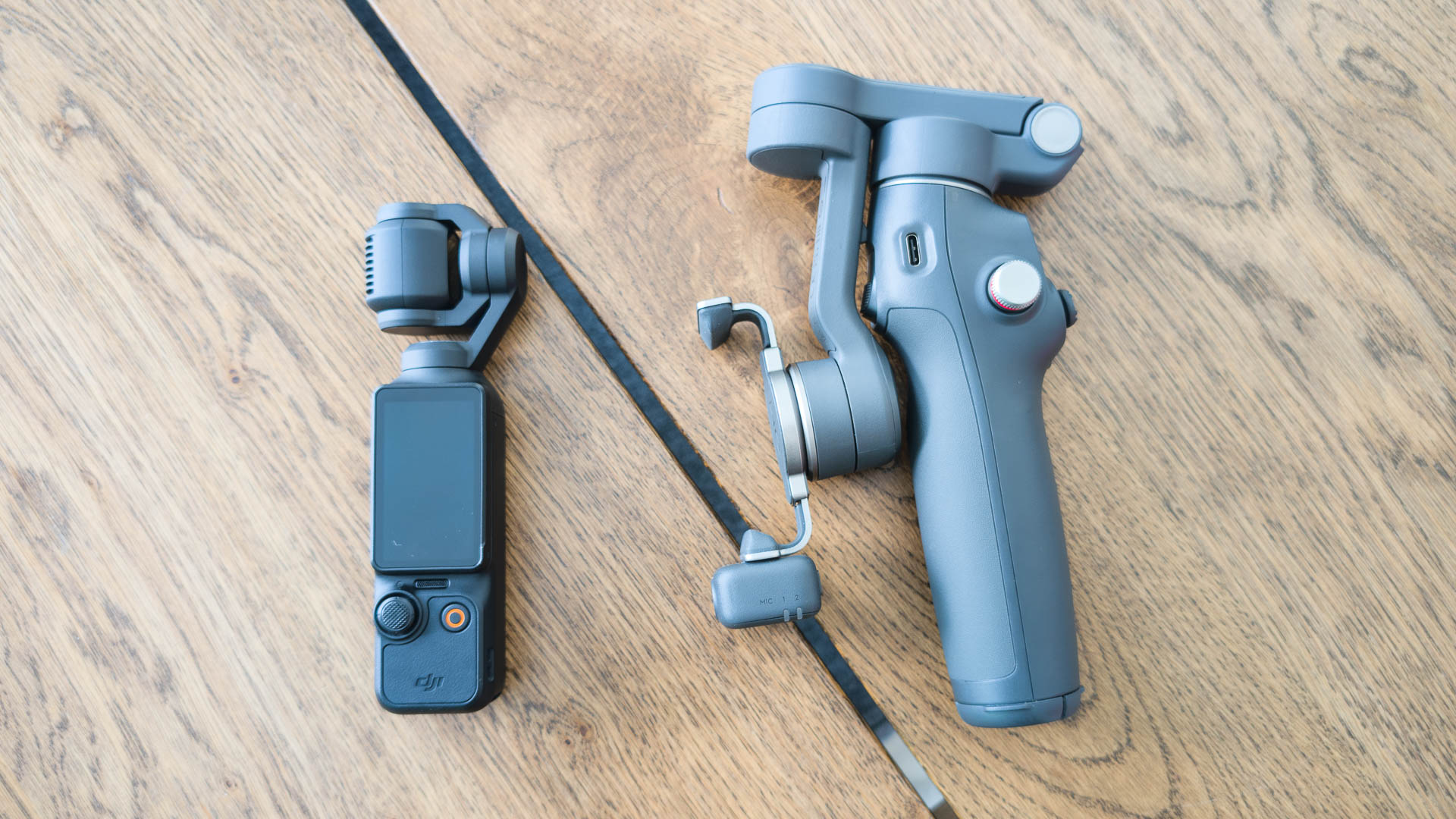
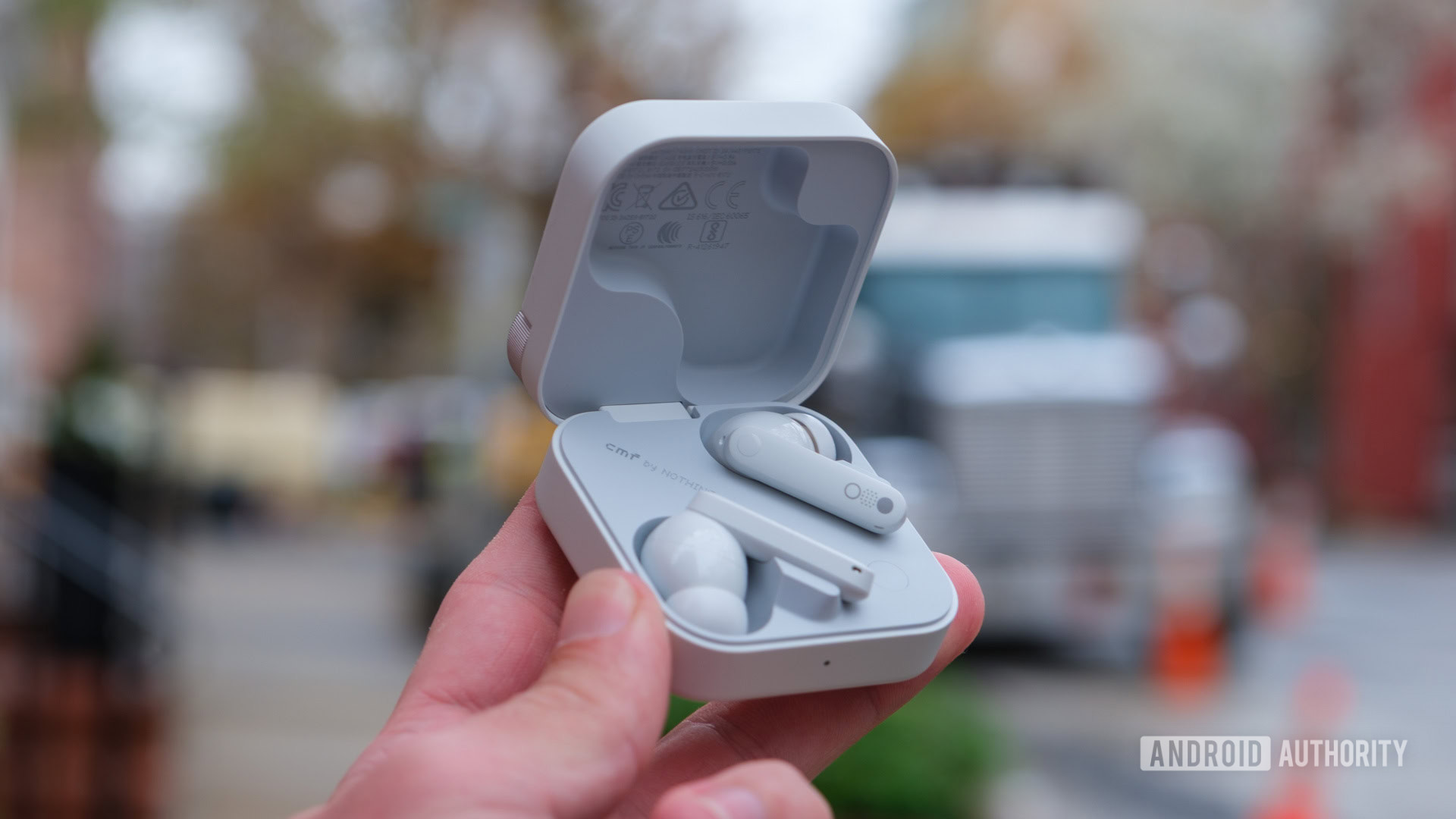






![What Google Messages features are rolling out [April 2025]](https://i0.wp.com/9to5google.com/wp-content/uploads/sites/4/2023/12/google-messages-name-cover.png?resize=1200%2C628&quality=82&strip=all&ssl=1)











![iPadOS 19 Will Be More Like macOS [Gurman]](https://www.iclarified.com/images/news/97001/97001/97001-640.jpg)
![Apple TV+ Summer Preview 2025 [Video]](https://www.iclarified.com/images/news/96999/96999/96999-640.jpg)
![Apple Watch SE 2 On Sale for Just $169.97 [Deal]](https://www.iclarified.com/images/news/96996/96996/96996-640.jpg)

























































































































